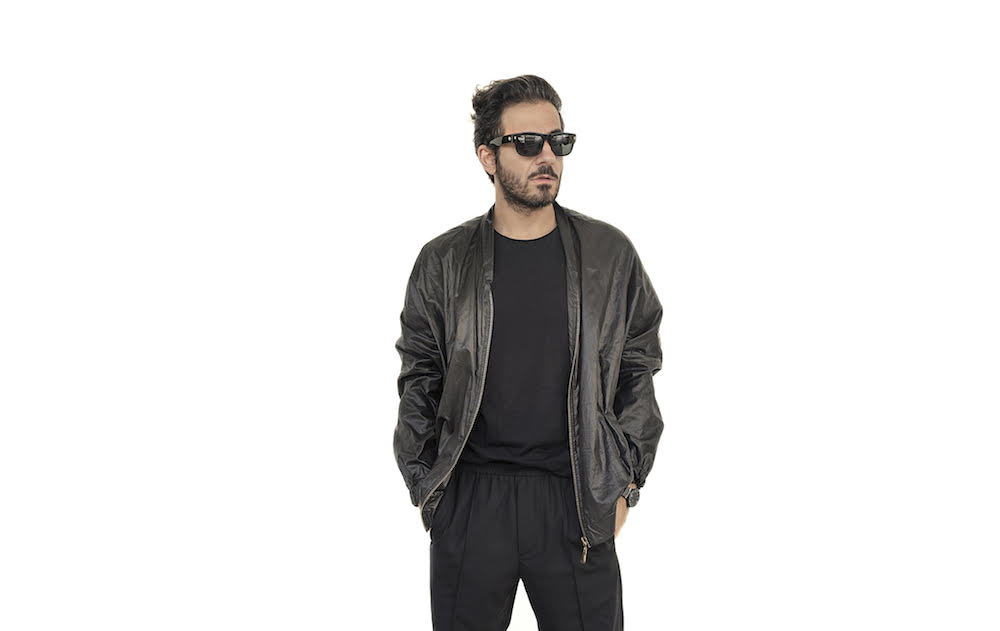
Crush Of The Week
Rabih Salloum | MisanthROCK
I have gotten to know Rabih since he was a 25 y.o, pursuing a Philospophy PHD in Paris, living it up as the half of the electro-pop duo Slutterhouse (the other half being no other than Nabil Saliba, sound virtuoso). Back then, Slutterhouse was big across main European cities: London, Paris, Stockholm, Ibiza…
In 2011, the two decided to base their sound in an emerging Beirut that wasn’t quite ready nor had the proper infrastructures to incubate such music currents (in terms of size, venues, production houses, festivals, regional music muses and influencers). The underground Dance scene had just started welling up, it was before Yukunkun, BCG, C U Next Sat, Decks on the Beach, The Grand Factory, Redbull Music Academy, Beirut Jam Sessions. Moreover, it was a pre digital music platforms era in the Middle East, things moved slowly, and it soon became uninspiring for a band that was already having a momentum in Europe. The duo eventually disbanded in 2012.
However, Rabih never really seemed to have completely “disconnected” with music, he was coveted for DJing gigs, made a few guest appearances with other artists here and there, and dabbled alone in his home studio. Besides teaching philosophy at AUB (American University of Beirut, in Lebanon), Rabih dedicated most of his time to writing fiction, publishing short stories in various publications and working on his debut novel.
Today, he has taken the solo path and started releasing original music again as a solo artist. He recently dropped three singles West End Girl and Summertime with the last one being You Know The Days, featuring singer Tamara Qaddoumi.
One can’t seem to reduce him to the above though; Rabih Salloum happens to be one of the pillars of the Beiruti night scene with his idiosyncratic looks. He is really what we can call an-all-around modern intellectual touching upon cultural manifestations, art happenings and fashion directions. One thing is for sure this lad is far too amiable for a notorious misanthrope. Here judge for yourselves…
Interview and text/Ghena Maalouf
The first obvious question would be why a musical comeback now?
Rabih Salloum: After the band’s breakup and the following disappointment in 2012, I had simply lost the desire to make music, and all my conscious attempts at rekindling with it failed. When I started publishing short stories and working on my novel, music slowly started to look like something from a past life. Until last spring, following the death of a friend, I found myself going into an extremely difficult period emotionally, a proper relapse like I hadn’t had in years. During those months, I started waking up with more and more melodies in my head, melodies that I had to hum, record, do something with; that’s when I realized that the desire to make music had maybe come back, and that it would be my way to deal with what I was going through. It was the main force that drove me out of bed every morning.
After this “tragic” spark, does your need to continue making music today still come from a melancholic sadness? Anger? Or maybe just Nostalgia?
It’s always come from a sad, melancholic place for me, which is a shame because I’m not someone who romanticizes sadness. I would like to be happy, but at the same time I would also like to keep making music. In 2005, the first question my psychotherapist asked me was why I was there, and my answer was that I felt like I could never be happy in the present, that I only seemed to find happiness in my past, always in retrospect. That’s a quite accurate definition of nostalgia. And I guess it’s part of my chemical build, so when people tell me that my music is nostalgic, it makes me smile because it makes me think that there truly must be a part of me in those songs.
In your opinion, what should have been different for you to still be making music as Slutterhouse?
It would have had to still be making music with Nabil Saliba! It’s true that most of the Slutterhouse songs were written by me, but Nabil was the major reason behind the particular sound and the universe that made Slutterhouse what it was. It was inconceivable for me to keep the name for myself because without Nabil’s involvement, it simply wouldn’t be Slutterhouse. Not without the two of us.
Other than the obvious step back that you took and all the maturity you packed up along the way. What changed in your sound?
It’s a far more honest sound today, I think. With Slutterhouse, I was constantly on the look out for anything new coming out, I was aware of the current we belonged to, the sounds of other similar emerging artists. We also used to experiment with a lot of different sounds and styles. On the same record, you would find an electro-rock track, a synth-pop song, a ballad, a nu-disco trip, maybe even something with a dubstep influence. I guess we were unconsciously trying to prove to ourselves – and to others – that we could do it all. It’s not my approach today at all.
It is far more introspective, almost not concerned with what’s trendy and what isn’t. I’m trying to be as truthful as possible to what I hear in my head, to my intimate musical moods and landscapes, regardless of any outside factors. I’ve also worked hard and evolved vocally. I’m a better singer today than I was ten years ago, I am able to go places and do things I couldn’t do before. For example, I didn’t have the technical ability to pull off a Summertime with Slutterhouse. It’s been a lot of fun exploring these new territories.
Do you believe in Time Travel? If so, if you had to go back to your 25 yo self what you tell him?
I don’t believe in possibilities, no. I don’t see life as a series of choices made that could have been any different. If we were to time travel in order to trigger change in our personal lives, we would have to travel back to the very beginning of space and time and reshuffle the cards, replay that initial throw of dice, rewrite Genesis. But then everything would be different. The people we are would never be born, our whole species may never see the day, maybe all of organic life would be but a dream. I’m a staunch determinist that way: consciousness cannot autonomously cause any change. Which doesn’t mean I’m a fatalist, I don’t believe for a second that everything happens for a reason.
However, I know that everything happens because of a myriad of unknown reasons causing it, and those reasons are themselves caused by a myriad of other reasons causing them, all the way back to eternity. And we are helpless.
Did music today contribute in making Life, humans more bearable to you? Did you reconcile with the Universal Condition?
Music definitely helps make life more bearable for me. Maybe even more as a listener than as a musician. Even during those years when I’d stopped making music, I’d never stopped listening. It’s still difficult for me to reconcile with reality because I find it extremely violent. Not in a sensationalist Breaking News kind of way. I’m not talking about terrorism and mass shootings and racism and all the awful things we are faced with on a global scale. I’ve always been more sensitive to other forms of individual, intimate, visceral, almost chemical violences. Like the loneliness of old people, the inherent cruelty of children in a schoolyard, the impossibility for a brain to produce enough serotonin, the longing for something that’s always missing.
The condition of our species has become extremely violent. Nowhere in nature do you see another animal wondering whether it’s worth bringing children into the world or not. It sounds like a progressive choice, in a world where the dominant ideology is about career, financial success and individual pursuit of pleasure. But from a naturalist, biological perspective, it’s morbid. We have become way too unadapted to the world, and I’m not sure that taking a yoga and mindfulness class in a Saifi Village studio makes anything better.
Does “Design” come in at any point in your music production process?
Production is a sound design process! But I know you mean visual design, and my answer is no. Music to me is a pre-symbolic language, it does not represent anything. Even the meanings of the lyrics, the images that the words convey are secondary to me, no matter how personal they are. I’m far more interested in the way vowels harmonize at a specific moment of a song, in consonants as percussion, in words as brute sounds. There’s nothing imaginary or visual about it, and that’s exactly why music is to me the ultimate art form.
Which single is your favorite? Most intimate? On Replay?
I don’t really listen to my own songs. You get to listen to them over and over again so many times during production that the moment they’re out, you usually can’t hear them anymore. I guess it’s easier for me to listen to You Know the Days because I’d rather listen to Tamara Qaddoumi’s voice than my own. But I think the most intimate one is West End Girl, it will always have a very special place in my heart. Ultimately, however, it’s safe to say that my favorite is always the next one.
What should we expect next from Rabih Salloum?
More singles! Right now I don’t really have the emotional endurance to work on a full album for a whole year before putting anything out, I’m getting a kick out of releasing something new every few weeks. It’s been my drive and I’m going to keep doing it. It’s not a problem because it’s more in tune with the way people consume music nowadays, and there’s nothing more rewarding than the thought that someone out there at any given moment could be connecting with an intimate piece of yourself that you’ve set out into the world. So I’m just going to be releasing single after single, and rehearsing with a wonderful live band I recently put together in order to be able to go out and perform all these songs sometime in the coming months.
Do tell who are these different people you collaborated with?
One of the major reasons behind my feeling confident enough to release music again is my friend and wonderful producer Etyen. I owe him a lot, I’m not sure he realizes how important he turned out to be. The local music scene is tiny, we all pretty much know each other, and I’ve tried working with several people in the past couple of years, without it ever going anywhere for all sorts of reasons. But when Etyen and I tested our collaboration with a first song (Summertime,) it became obvious to me that he was the right person for me at that point in my life. He has managed to capture my sensitivity, my mood and my musical universe so well, that there really isn’t anyone else I would rather be working with right now. On the other hand, I’m having a lot of fun featuring other singers on my songs.
I’ve recently put out You Know the Days with Tamara Qaddoumi taking the lead on vocals. Tamara and I have been friends for years and we’d actually recorded a demo of this song around four years ago, but the timing wasn’t right yet. Last year, she launched her beautiful debut EP, and a few months later I launched my own. We felt it appropriate to revive our collaboration then. Most importantly, I work with people whom I admire artistically; it makes it both a pleasure and an honor for me. One of my next singles that will come out before the summer will also feature another singer, a young lady from the new generation of local artists. We’d met a few years ago when I was asked to write songs for her, and I’d completely fallen in love with her voice, but the timing wasn’t right either. I’m very excited about reviving this collaboration as well.
Now vs 2010
How would you describe your music style today in contrast to 2010?
I don’t really know how to do that. I guess that’s music critics’ job. All I know is that I write pop and rock songs, and I love synthesizers. Everything else is incidental. It’s not like I ever sat down and decided to record a specific style of music.
Seminal Influences? (Writers, books, musicians, fashion,movies)
That’s a difficult one to answer because I almost never have any direct influences. It’s all there buried in my subconscious, a chaos of voices and melodies and images and traumas fighting for attention. But I guess one of the main differences is that I am today far less influenced by new music coming out. In 2010 I was very aware of and curious about the musical landscape, the new trends, the top artists, and so on. In the past couple of years I found myself going back to my roots and revisiting the so many wonderful bands that marked my childhood. I was on Twitter the day after the last Grammy Awards and I almost didn’t recognize any of the names that were celebrated. I’m not sure whether that’s a good or bad thing, I just don’t care enough. The other important difference is a change of lifestyle. Ten years ago I was an overly energetic, constantly touring and partying young man, and my songs reflected that. I lead a much calmer and more discrete life nowadays, I spend most of my days and nights at home, happy to be surrounded by a close circle of people I love, my books and my records.
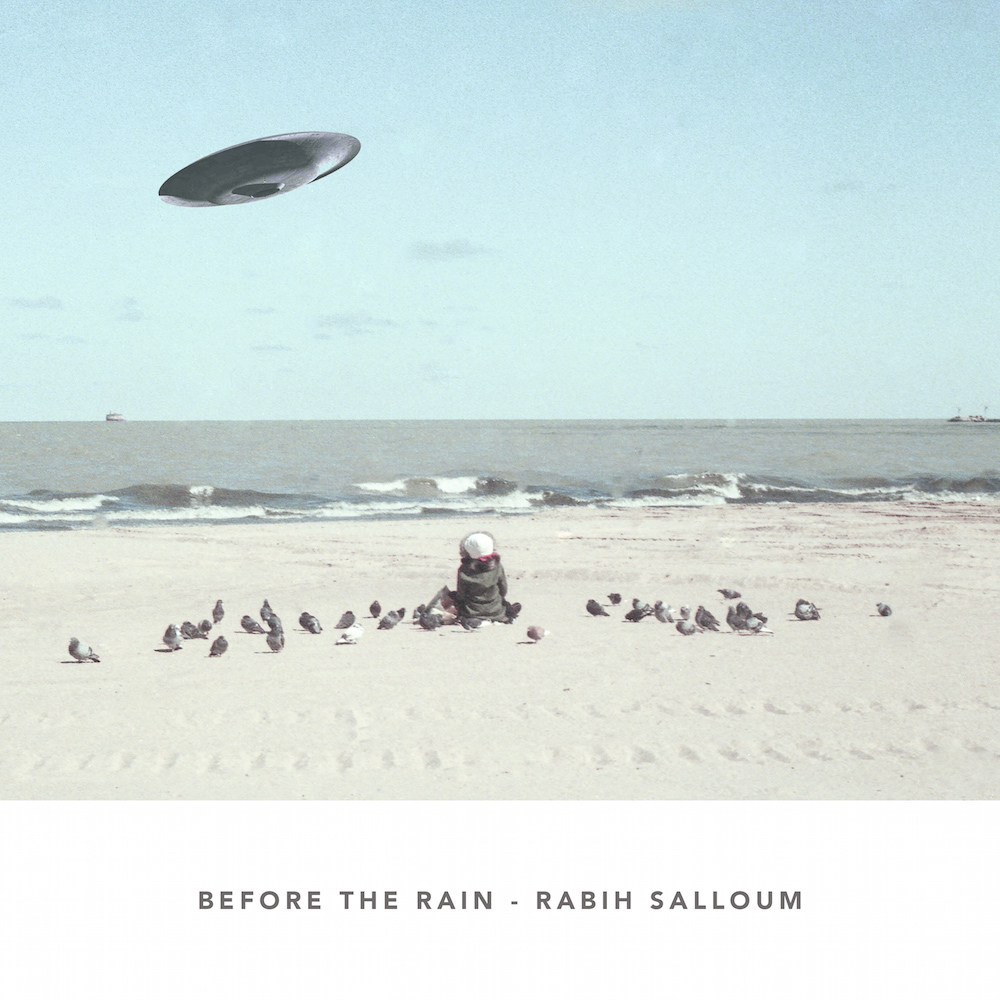
Which creative process did you prefer? Now vs 2010
They both have their pros and cons. What I miss about 2010 is writing songs with someone else, especially when it’s someone you admire. When you think you have a clear vision for a good song and then someone else takes it further and turns it into something far better than anything you’d envisioned, that’s when magic happens. But there’s also the other side of the coin: I don’t miss the limitations of working with someone whose vision of a particular song might not correspond with yours at all. Today, as a solo artist, the writing and composing process is lonelier, but this also makes it much more intimate, much more personal, and the final product ends up being fare more faithful and honest to who I am.
Which communication strategies did u prefer?
I can’t lie, it was great having a production and promotion machine behind me during the Slutterhouse years. The thought that you had people behind you who wanted nothing but for you to make music, and leave everything else to them. I don’t have that today anymore, at least not yet, but I’ve only recently made my comeback. For now I’m happy to be able to release a new song every other month, hope that people will connect with it and spread it around, let the whole thing grow organically, put together a band for a live show, and see what happens next.
What would you play first as in introduction to Rabih Salloum? A Slutterhouse track or one of your latest songs as a solo artist?
I would definitely play “West End Girl,” and maybe “Summertime,” from my solo EP. I of course can understand that some people might prefer or relate more to Slutterhouse, but when you’re the artist, you’re always under the impression that you are getting better at what you do. If I were to introduce you to the 25 year old Rabih Salloum, I would play Slutterhouse. But if you want to be introduced to me today, then my latest songs are who I am.
Finally, what can we wish you?
Wishing is a lazy and useless practice. I find action to be more efficient. You may give the songs a chance, that’s what every artist who chooses to release music wants, I guess. And should you find yourself sensitive to them, should they make a tiny difference in your day or life, then share them with the people you love.
Find all of Rabih Salloum’s discography on Apple Music, iTunes, Spotify, Anghami, Deezer.
All his news on: www.rabihsalloum.com
Follow him on Instagram & Twitter: @salloumrabih
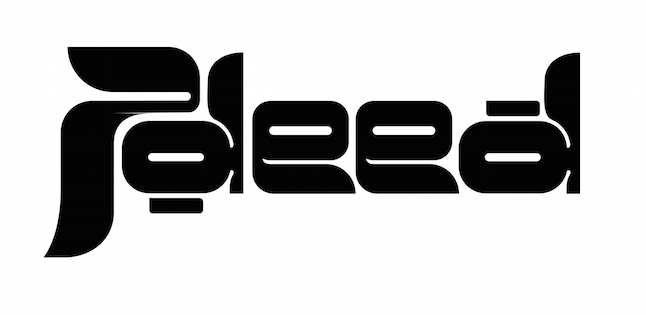
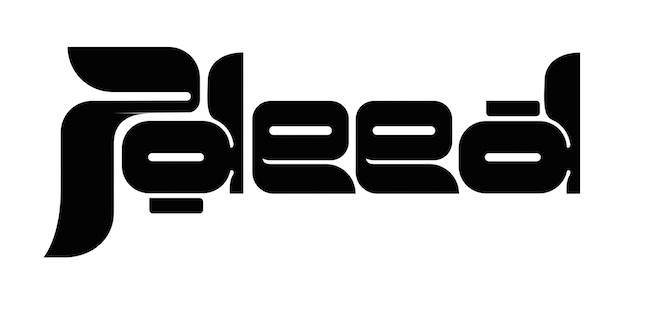
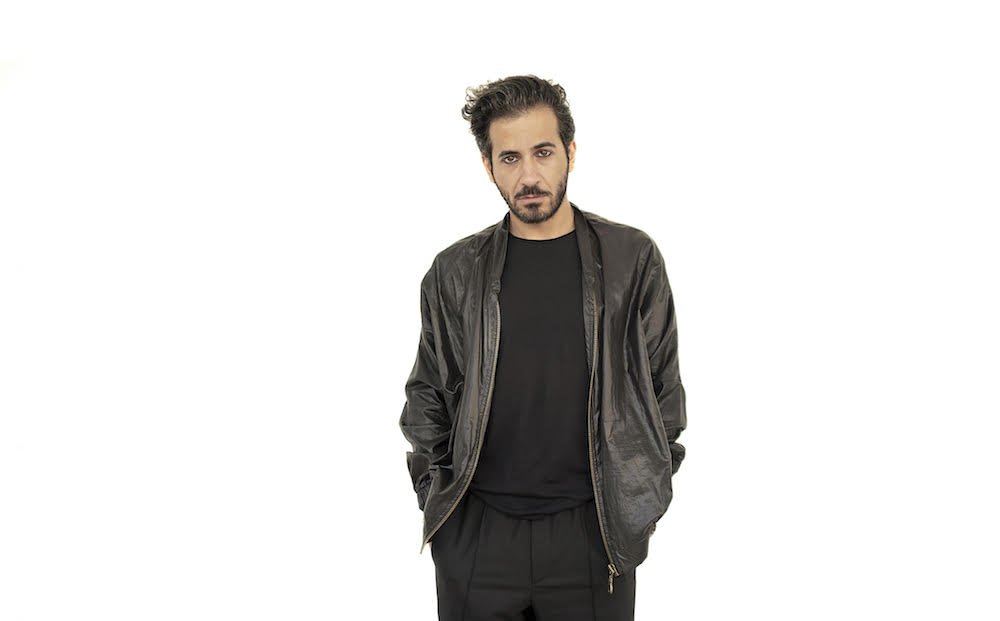
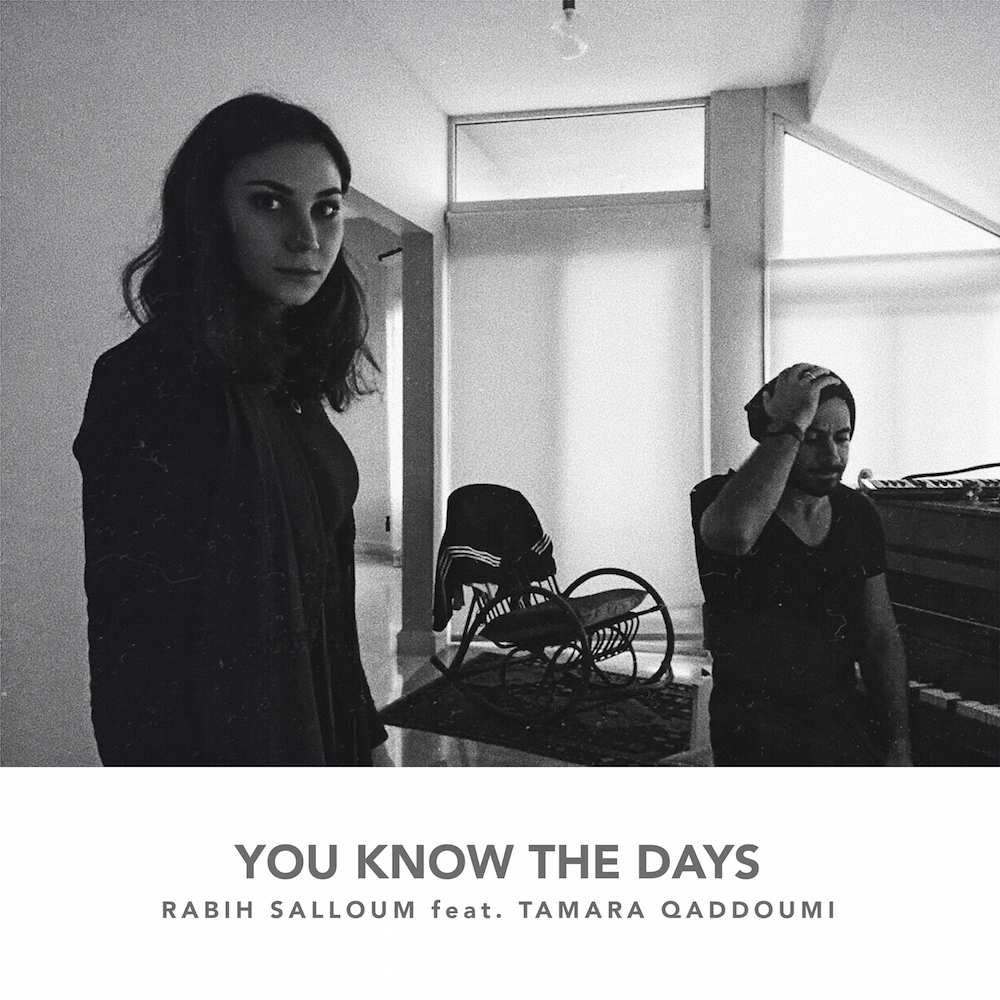



0 comments